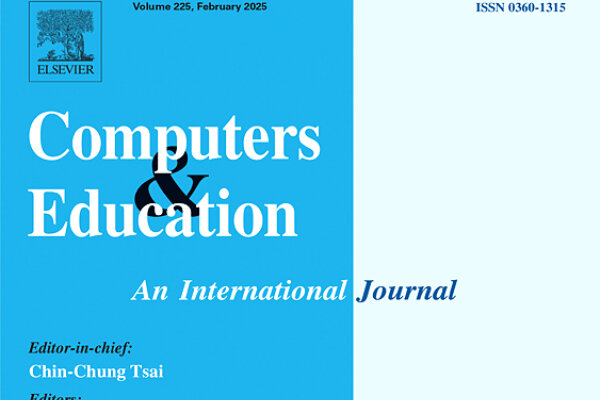
Barzilai, S., & Stadtler, M. (2025)
Digital games can help students learn how to cope with misinformation. However, misinformation games typically include multiple game mechanics, making it hard to identify which mechanics contribute to learning. Hence, the aim of this study was to clarify how misinformation games promote learning by examining the effects of two promising misinformation game mechanics– simulating evaluation strategies and providing explanations about the types of misinformation encountered in the game. The participants were 132 8th and 9th-grade students who played different versions of a misinformation game that either simulated evaluation strategies or did not simulate them and either included misinformation explanations or did not include them. The results indicated that simulating evaluation strategies improved sharing and accuracy discernment following the game, but providing misinformation explanations did not. Simulating evaluation strategies also led to greater awareness of corroboration and sourcing strategies, whereas misinformation explanations only supported awareness of sourcing. Structural equation modeling revealed that simulating evaluation strategies led to more accurate sharing decisions in the game and that in-game sharing accuracy mediated the effect of simulating strategies on post-game accuracy and sharing discernment. These findings advance the understanding of misinformation game design by identifying game mechanics that are conducive to learning. The findings highlight that simulating evaluation strategies in a game can help prepare learners to cope with misinformation. More research is needed to explore the effective integration of misinformation explanations into such games.
Barzilai, S., & Stadtler, M. (2025)
Digital games can help students learn how to cope with misinformation. However, misinformation games typically include multiple game mechanics, making it hard to identify which mechanics contribute to learning. Hence, the aim of this study was to clarify how misinformation games promote learning by examining the effects of two promising misinformation game mechanics– simulating evaluation strategies and providing explanations about the types of misinformation encountered in the game. The participants were 132 8th and 9th-grade students who played different versions of a misinformation game that either simulated evaluation strategies or did not simulate them and either included misinformation explanations or did not include them. The results indicated that simulating evaluation strategies improved sharing and accuracy discernment following the game, but providing misinformation explanations did not. Simulating evaluation strategies also led to greater awareness of corroboration and sourcing strategies, whereas misinformation explanations only supported awareness of sourcing. Structural equation modeling revealed that simulating evaluation strategies led to more accurate sharing decisions in the game and that in-game sharing accuracy mediated the effect of simulating strategies on post-game accuracy and sharing discernment. These findings advance the understanding of misinformation game design by identifying game mechanics that are conducive to learning. The findings highlight that simulating evaluation strategies in a game can help prepare learners to cope with misinformation. More research is needed to explore the effective integration of misinformation explanations into such games.